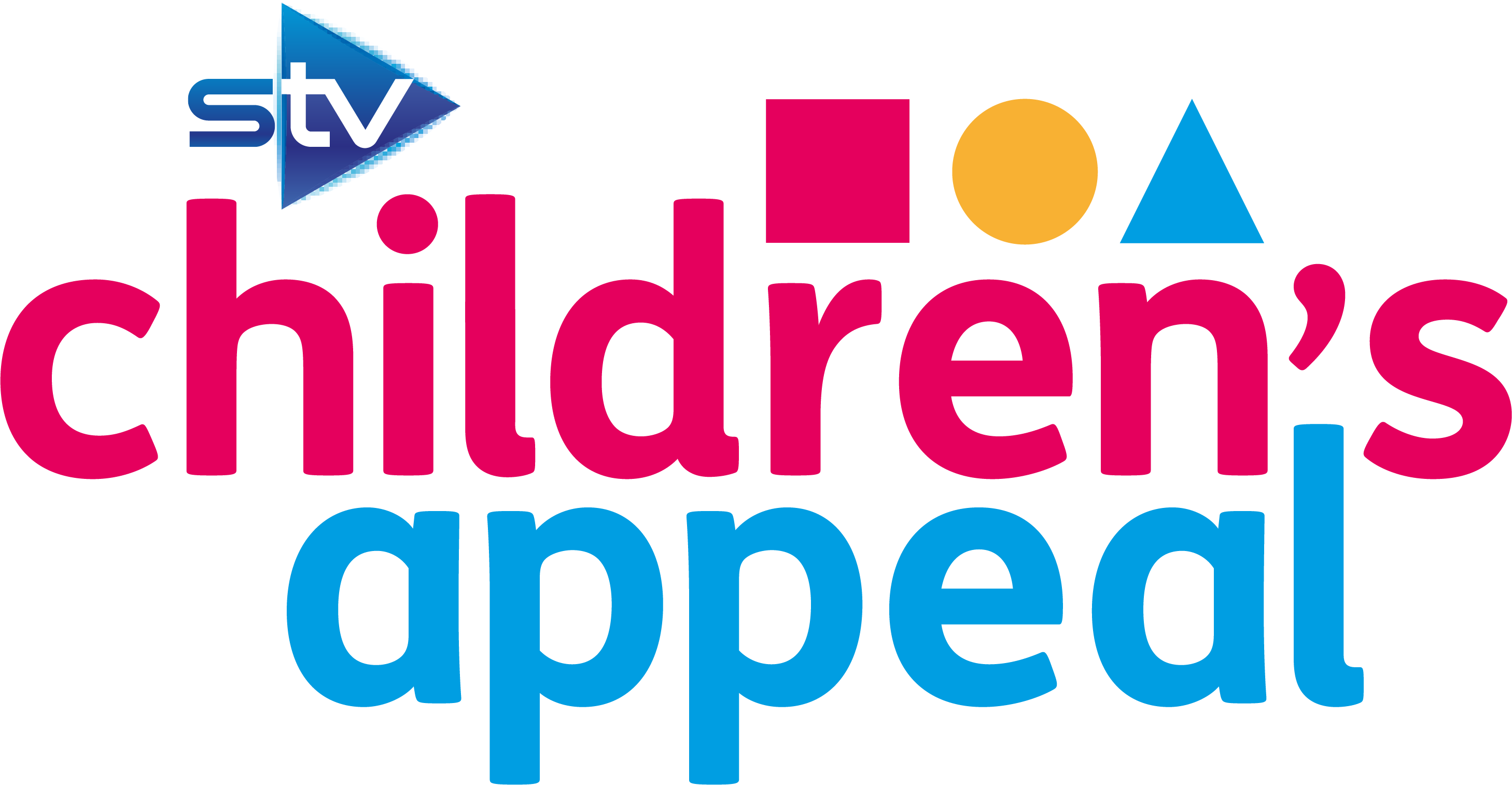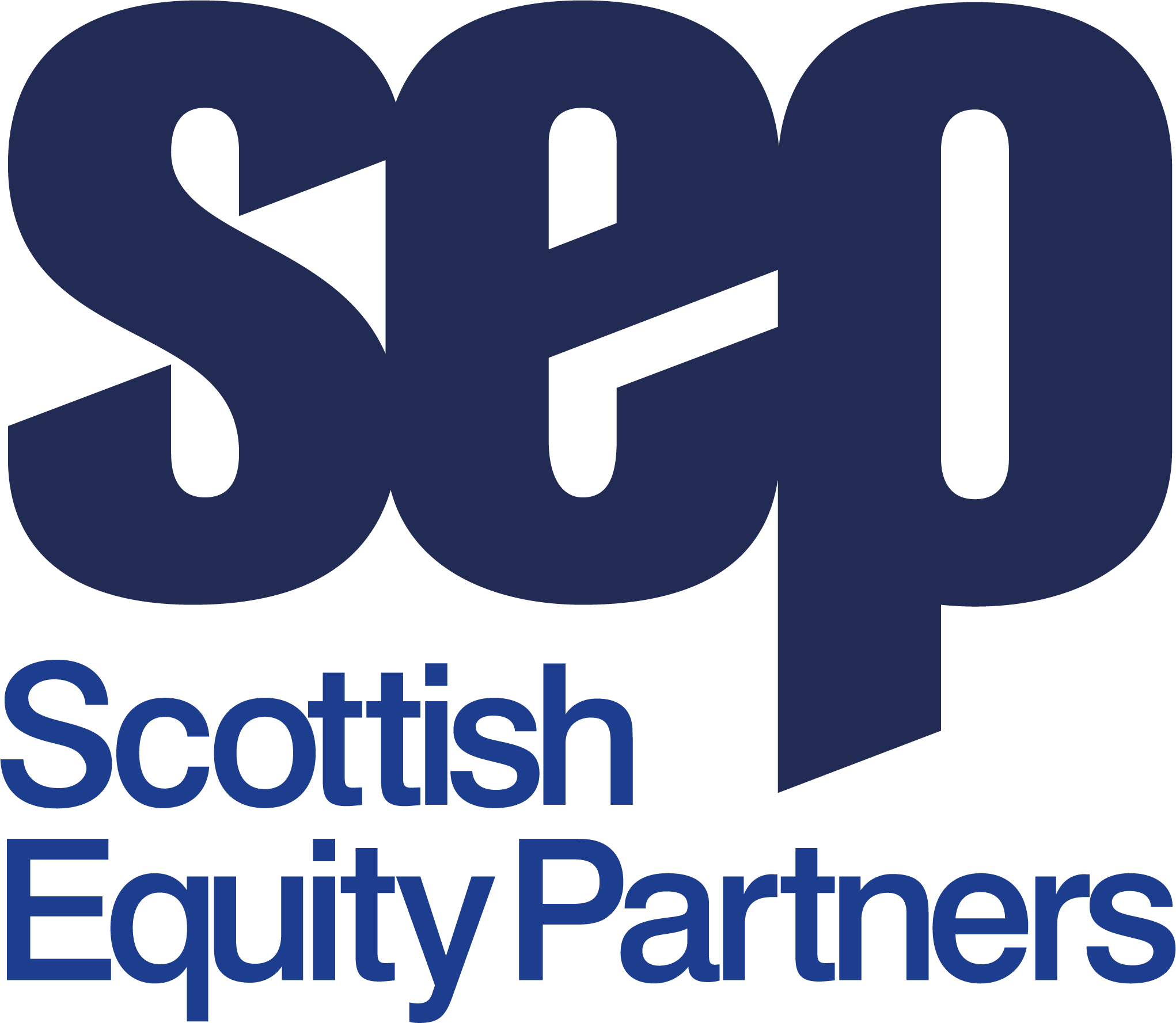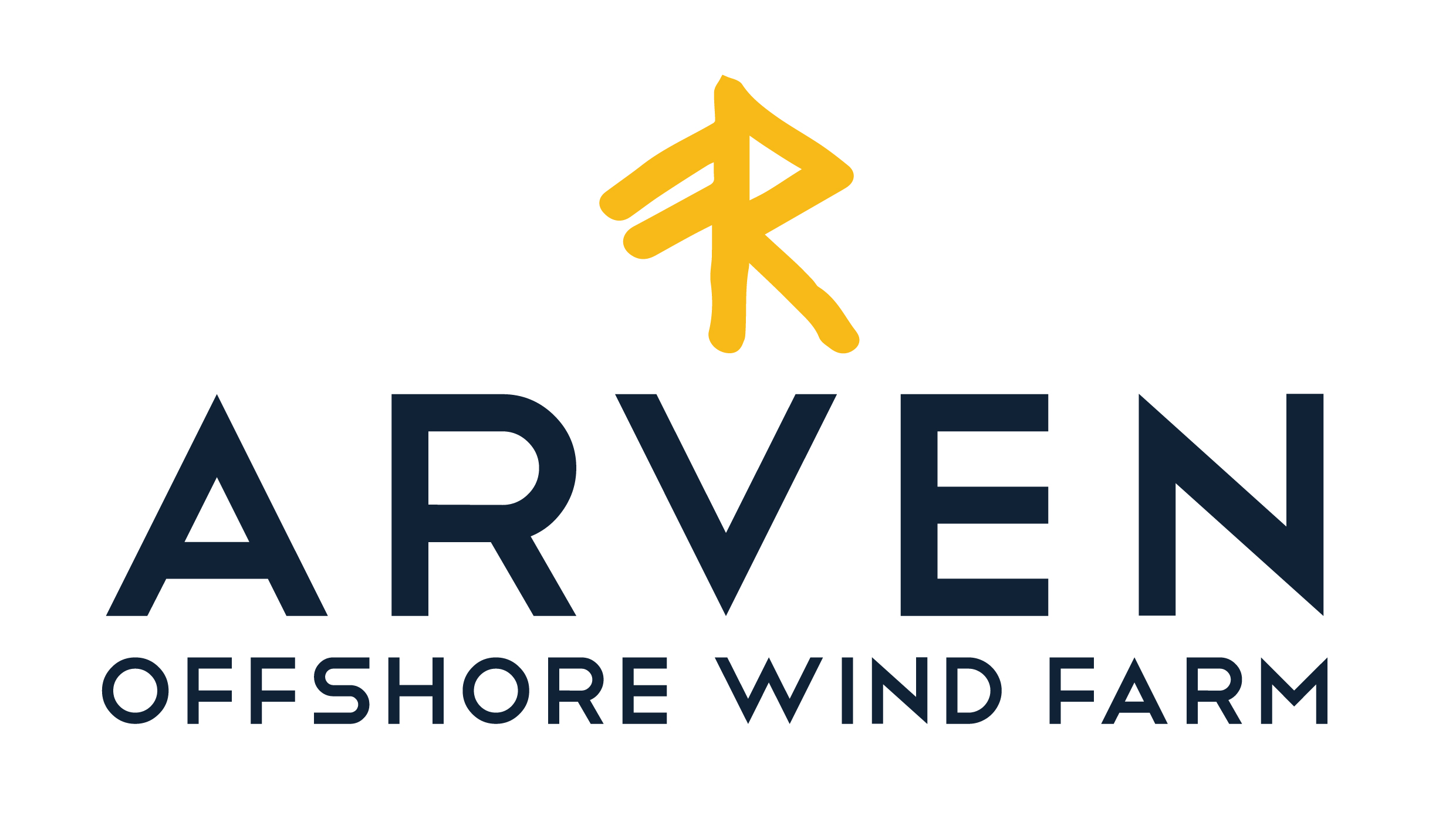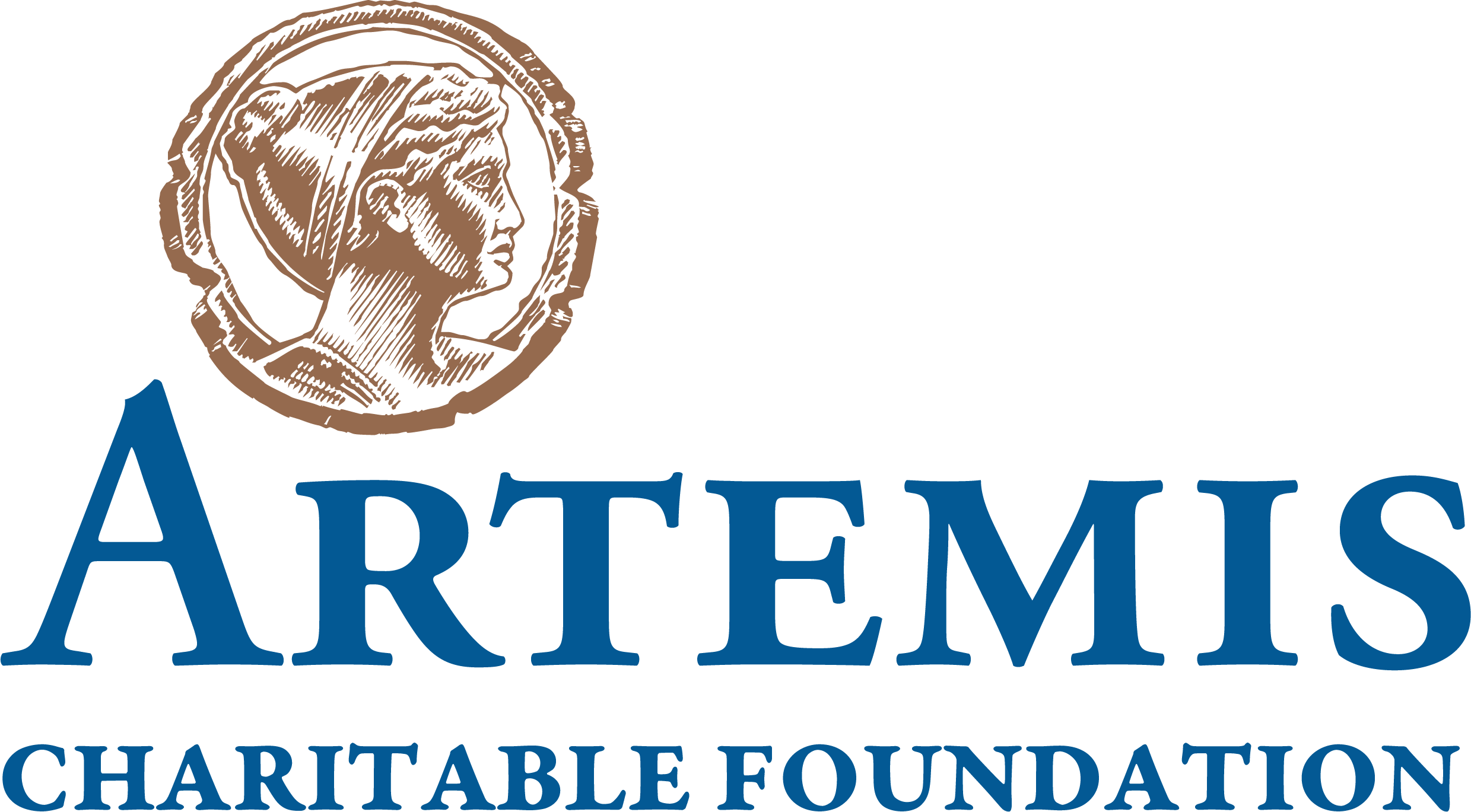Ali MacLachlan was invited to present at the Scottish Chartered Institute of Fundraising’s grassroots community fundraising conference to more than 80 delegates, profiling our YPI programme and the opportunities arising from youth advocacy and engagement.
She was joined by Peter Heggie, Member Pioneer Coordinator at Co-op; Jacqui Reid, Project Lead at EBI Unites; and Richard Darke Fundraising and Communications Manager at Edinburgh and Lothians Greenspace Trust. The purpose of the event was to reflect upon how grassroots and community fundraising has changed over the last year and share our collective experience of opportunities and successes therein. It was an important opportunity to connect directly with charities, share our experiences, and engage in an open and engaging dialogue. Below are some of Ali’s insights discussed at the event, as well as advice for working with young people through YPI.
“This event was an opportunity to reflect on the last year with an appreciative lens, focussed upon the learning and gains that we’ve seen rather than the abject horror that that has dominated at points. Like everyone, we have experienced challenge. Working across the third sector and education, the level of uncertainty and insecurity has been palpable. However, we have equally seen perseverance, tenacity, and a huge level of commitment to community connectedness.
“When we went into lockdown in March 2020, only half of our schools had completed their programme of activity. We knew that YPI as a grant making vehicle had never been more needed, but our fragility came from our dependence upon the education sector having the space and capacity to continue programme delivery.
“As such, we developed Your Community Fund, a wholly online opportunity for young people to come together to support, and advocate for, charities that continued to deliver lifeline services. From this we learned not to be afraid to think out loud. This offer was not refined, and we were learning as we went. With a time imperative, it was important move quickly to support the third sector, and give young people a voice when they were being very marginalised subject to a series of decisions that were being done to them and over which they had no control. It was a leap of faith for us and our Board. This bravery resulted in 120 submissions from students across Scotland and we were able to grant £200,000, all thanks to a programme of activity which launched within a fortnight.
“This experience reinforced that process should not be a point of principle. We stayed true to our values and objectives but we realised that trying to do what we’ve always done, how we’ve always done it, in a new context is a waste of energy and, at best, ends in compromise.
“This academic year has continued to be incredibly disrupted so to have up to 200 schools set to complete their programme of activity is a real win for young people and the third sector.
“Working smartly digitally has been important. Most young people have dual citizenship these days, one foot in the real world and another in the virtual world. For them, the virtual world is very real, with people, friends, and communities therein. What we, as adults may see as a challenge can be a real opportunity for young people to thrive. I would urge anyone working at a grassroots level to never overlook young people as changemakers and allies with new ideas and approaches we can all learn from.
“There are thousands of charities in Scotland eligible to be represented by YPI students. YPI is entirely led by youth voice and choice. There are number of ways however that charities can ensure they are getting the most from the experience and grow a positive presence with school communities.
“Clarity of message, brand, and narrative are of real importance. It is also worth considering the judging criteria and empowering young people with the information, access, and stories to succeed with their YPI presentation:
- Connection and understanding – Good fundraising contains an element of storytelling, share this. Working with them, rather than simply imparting information, is important. Connection and understanding are fostered far more deeply if their learning feels participatory and not preachy.
- Passion – Young people’s passion is evident when they clearly believe in the purpose and activities of a charity and sense their passion through meeting in-person or virtually. This fosters champions, advocates, and fundraisers beyond the programme. More than 70% of our schools report post programme engagement among students.
- Business case – Judges will be assessing the tangible local impact of the £3000 grant. Be specific about this. And, if possible, collaborate with them. We have some amazing examples of young people working alongside charities to develop and deliver innovative offerings such as mental health training in schools thanks to the funding.
- Creativity –Providing pre-prepared presentations with charity information can really cripple young people’s creativity. We want to see a flash of their personalities and innovation in their presentations. Stop-go animation, slam poetry, role play, dance – we’ve had it all. These can also be great creative products for charities to profile across their channels.
“Young people are moved to action from their YPI experience, reconnecting with their charities and inspired to drive social change. I encourage all charities to be honest, be brave, be authentic. Trust young people to be equal partners and champions in charities’ missions.”



















